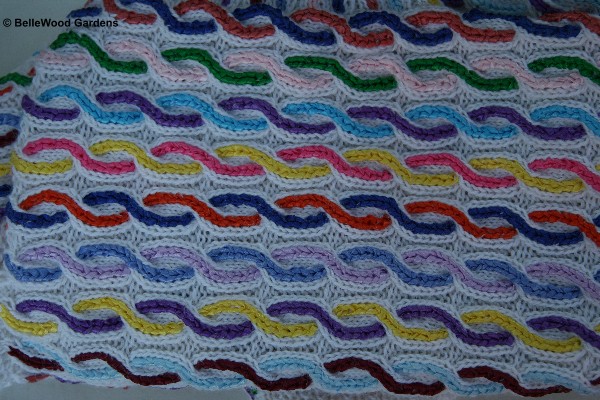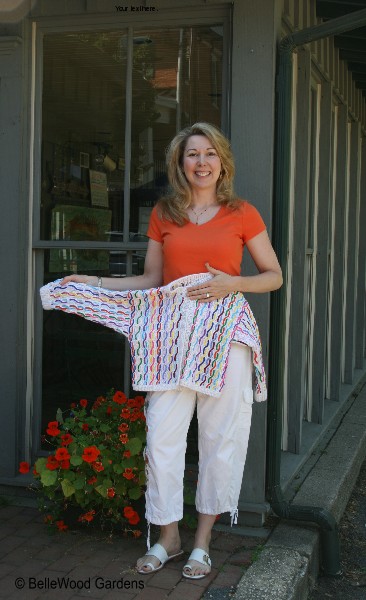PPA in Philadelphia
Third Week: My Banana Is In Bloom
Second Week: Carousel Farm Lavender; At Carousel Farm; Making A Lavender Bottle
First Week: Knit on Wednesday; Bat Pups UPDATE
Not only have we had some hot and humid tropical weather, BelleWood Gardens is strutting its tropical pizzazz. Musa basjoo, the hardy banana that lives outdoors, in the ground, year-round, has decided to flower.
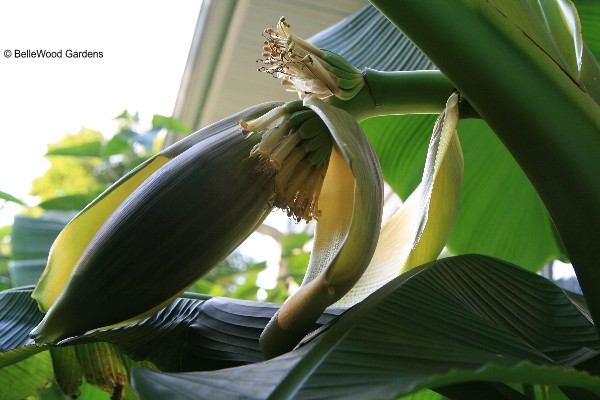
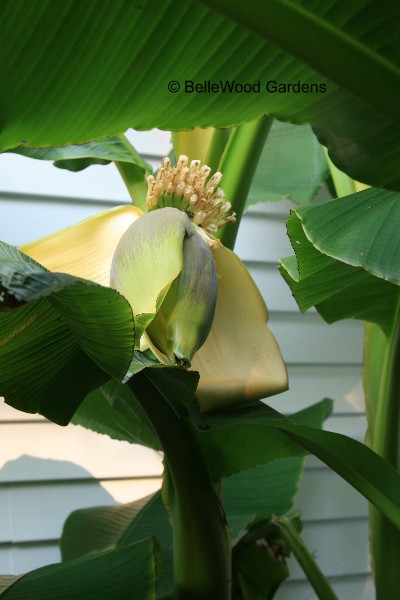
Must be time for a tiki hut and a grass skirt. Mai tai cocktails, anyone?
What do you think of doing with lavender? How do you use it? Its aroma, hot and powerful
Take an odd number of lavender stems - 13 or 15 is a good number - and tie just below the flowers.
Next, take a narrow ribbon (satin or grosgrain, either one) I prefer to use 1/8-inch ribbon.
If you are right handed, hold the lavender bottle in your left hand and use that thumb to lift a stalk
Fog decided I could use some help, and he was just the cat to help me. Big help. He discombobulated me so that I went over when I should have gone under.
When you reach the end of the flower heads, the bottle will narrow since it's now only stems.
.
The narrower the ribbon, the longer the length needed. And the longer it will take. Wider ribbon,
Here's a conundrum for you. It's been said that if you use a tractor, it's farming. If you don't have a tractor, it's gardening. Interesting point. Does that mean someone with a McMansion on a suburban turf grass plot with a cute little Cub Cadet is a farmer? The crop at Carousel Farm Lavender is hand cut. Does that make them gardeners? One thing is for sure. As well as the lavender fields stretching into the distance they have livestock.
There are Boer goats and a couple of horses
Granted, the vegetable garden Niko is sauntering through
A vegetable garden might have a water butt,
None the less, it's a productive space.
And lavender is not the only aromatic plant.
And off to the side, in the shade, an inviting settee
.
A farm? A garden? Perhaps
Mid July, so it's time to visit Carousel Farm Lavender in Bucks County, Pennsylvania. Conveniently located (much closer to home than a trip to Provence), I made my first visit last year and went home with a huge bunch of Grosso lavender for culinary purposes like blueberry lavender and apricot lavender preserves. A call to Niko, a date and time arranged, and with pleasurable anticipation I awaited my outing.
As soon as I stepped out of the car the rich warm fragrance
Massive plants, their long, strong, flower-filled stems
Bees were contented humming among the flowers, busily darting
When I saw all these pots of replacement lavender plants I asked
They're distilling lavender oil in one of the outbuildings. In the huge, airy, drying barn two women were wrapping bunches
In yet another stone building, comfortably arranged for small gatherings
Value added products: as well as lavender flowers on
An excellent outing on a delightful day with puffy white clouds,
The baby bat was snuggled down in the pocket of my shirt. "Doesn't get better than that for a baby bat." said Pat. "He's cuddled and covered, feels the warmth of your body, even hears your heart beat. I fed them before you got here. Fat tummy full of food and a cozy place. That's it." And that, indeed, was it. Every now and then I'll pinch the fabric wider and peer in. And every time the bat pup was in the same position, sound asleep.
Pat had gotten a call from a wildlife rehabilitator who works with bats. There's been an accident during a construction project, and thirteen baby bats had fallen out of the colony space onto the floor. Most of the workers sort of shrugged and felt that was tough, too bad, but so what. One big hulking guy, with beard and piercings, was insistent that an attempt be made to rescue them. And he was the one who got the nine still living infant bats to the rehabber.
Most bats have one pup at a time, once a year. Big browns are somewhat odd - those in the west have a single pup; those in the east have twins. Pat's willing to bet the single pups have a much better chance at survival, as they are about 4 grams at birth, compared to 2.5 grams for each twin. That lower weight means a newborn big brown bat weighs the same as a penny. They're bald, with pink skin, and their eyes are not open. These rescued bat pups were only 2 or 3 days old. They needed to be fed frequently, every three hours around the clock. Nine are more than one person can manage. Pat took four, someone else another two, and the original rehabber kept three. So far, a week later, all nine are alive.
What do you feed an infant bat pup? Goat milk Esbilac. It's naturally homogenized, and not as rich as cow's milk. Even so, bloat can be a problem. The pup will fuss, not feed well, and clearly feels miserable. A smidge of simethicone takes care of things, relieves the pressure, and after a short wait you can try to feed again. They're so tiny, their stomach so small, that a missed feeding is not an option. Once they're a little older they can start with pureed mealworms and baby food thinned a bit with water, and vitamins and minerals. Once a day Pat supplements with calcium gluconate in water. It may not be necessary, but she worries about weak bones. Even if this is more to reassure her, it certainly doesn't hurt. She cuddles them in her gently closed fingers while feeding. Bats breasts are more to the side, towards the armpit (wingpit?) compared to humans. So when she nurses her pup, the mother bat extends her arm and wing to cup and cradle the pup close to her body.
The feeding intervals are stretching to five hours now. Once they're able to fly Pat will move them to the flight cage. Hunting is hard-wired, instinctual. In late August she'll release them as juveniles to an existing maternity colony. While adult males would upset the dynamics and would not be welcome, the colony will accept juveniles of either sex. Then it is up to these pups to fly and forage and put on sufficient weight to carry them through their winter hibernation. Thanks to the construction worker's sense of responsibility and Pat's meticulous care they are getting as good a start as people can provide. The rest is up to them.
Update Recently I mentioned something I'd seen on a homesteading forum to Pat. The original message was from someone in Pennsylvania who has a bat population in their barn. She's been finding at least one dead baby bat on the floor every week for the last several weeks.
Pat's response, "Actually, it's not at all uncommon. Baby bats lose their grip and fall, and mombats will not go down to the floor to retrieve them. Oftentimes it happens when the weather gets really hot and bats shift about looking for a cooler spot. A few years ago, I used to pick up downed babies at the Mill almost daily. Then all the stuff stored on the top floor was sorted out and several boards were placed horizontally on the rafters (for storage), butting up to the riverside wall. These acted as a 'baby-catcher' and moms began to retrieve their own babies from the boards. I haven't seen downed babies since. Yippee! "
perfume, lends fragrance to potpourri and sachet. One of the prettiest ways is to make a lavender bottle.
In order to make one you need fresh cut lavender with long, strong stems, some narrow ribbon, and patience.
Gently bend the stems up over the flower heads. Some people let the stems wither for a day or two, so they wilt and soften a bit.
But don't let them dry out completely, or they'll break off when you bend them as sharply as necessary. There's a closeup below. 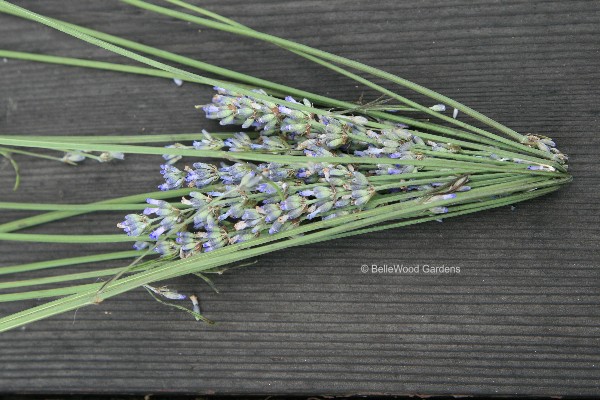
Some folks use 1/4-inch. Leave it on the spool. Make a loop and slip it over one stem. Now just weave over and under.
The odd number of stems means there is no repeat from row to row. Where the ribbon goes under one stem,
on the next row it passes over. The first few rows are more difficult than subsequent rows.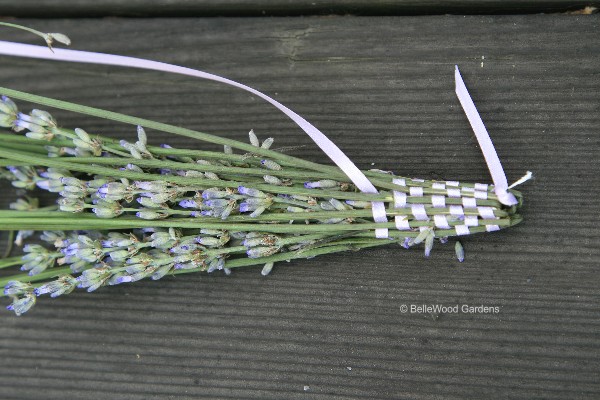
as you pass the ribbon under it. Pull to snug and firm the ribbon into place. Be careful that the ribbon does not twist. 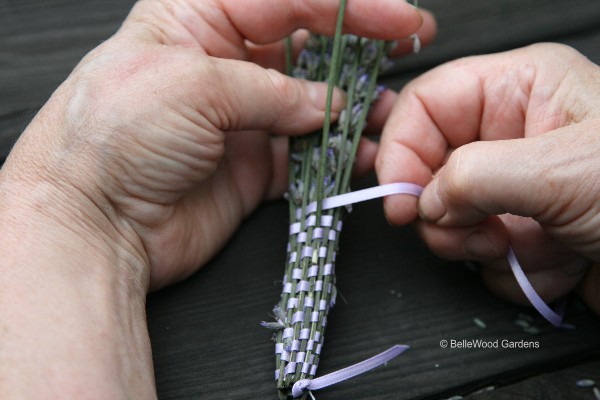
Photograph Credit Paul Glattstein, all rights reserved.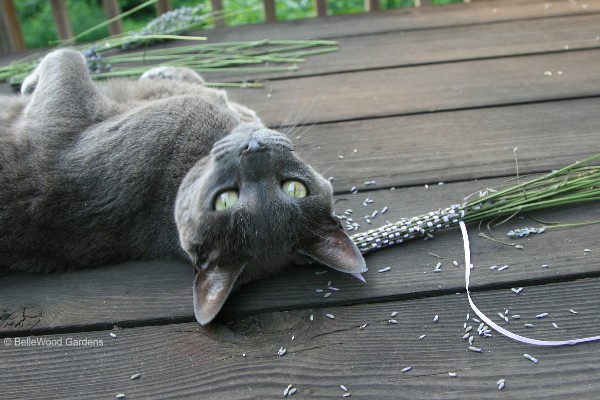
Not a big deal, but you can see where the two adjacent rows are duplicates. I didn't want to unpick,
instead just wove around and straighten it out in a subsequent row. Still smells as good. 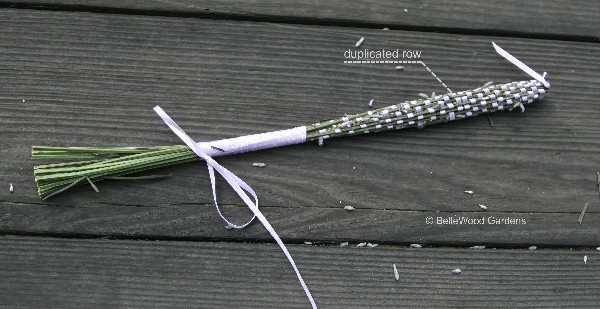
It's difficult to do the necessary under / over basket weave. I just tie off, then wrap to make a handle.
like the 3/8-inch that I used for the lower lavender bottle in the next image, works up very quickly.
However I don't find it as attractive as the lavender bottle made with the narrower ribbon. Either way,
allow the lavender to dry in a dark, airy place. Use it as you would any sachet: among bed sheets
or towels, with comforters stored for the summer. When the fragrance weakens in a few years, rejuvenate
with a drop or two of essential lavender oil. Or, spend a summer afternoon making another lavender bottle.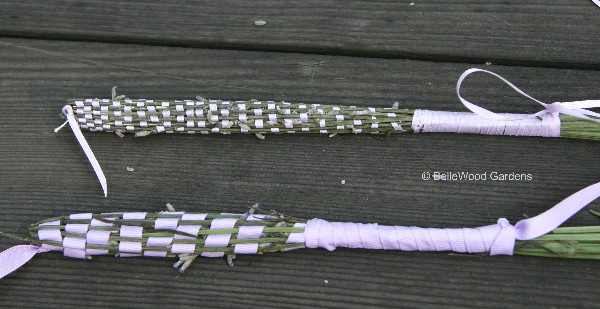
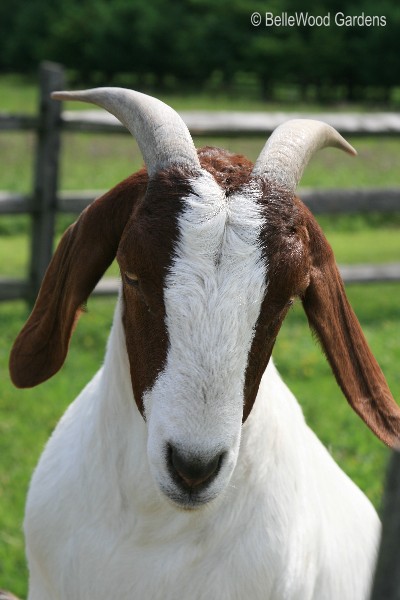
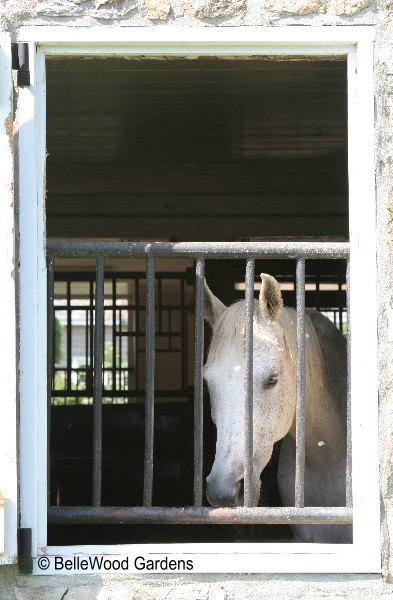
(also chickens and llamas and donkeys.) 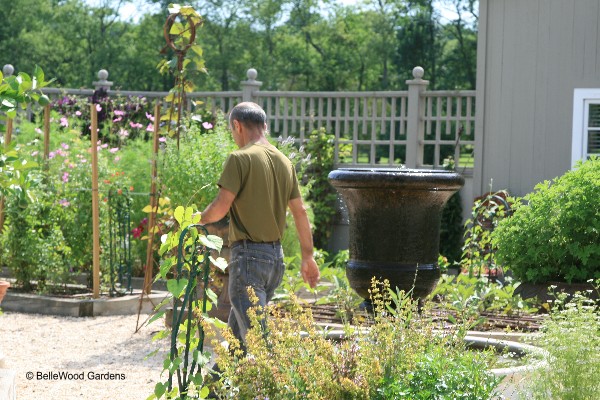
is elegant enough to be called a potager.
a fountain is upscale.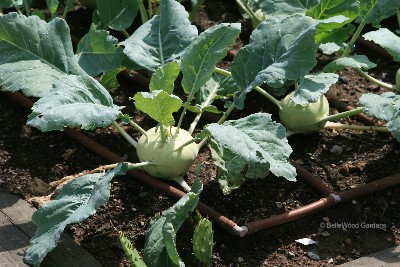
Just look at the kohlrabi.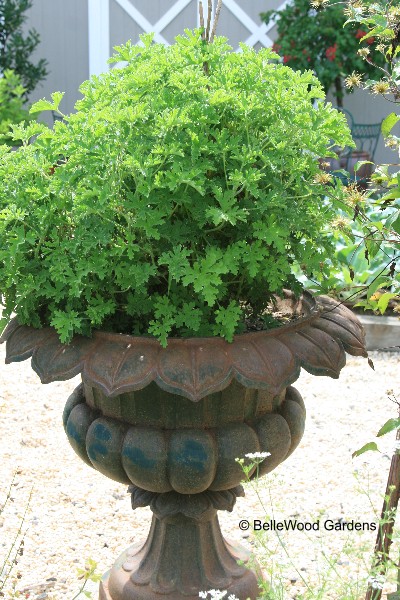
Just see this urn overflowing with a scented leaf geranium.
with the decorative touch of a tree-like bougainvillea standard
and two pots of coleus in colors that complement its flowers.
some of both. Regardless, whatever you choose to name it,
this is a unique and special place.
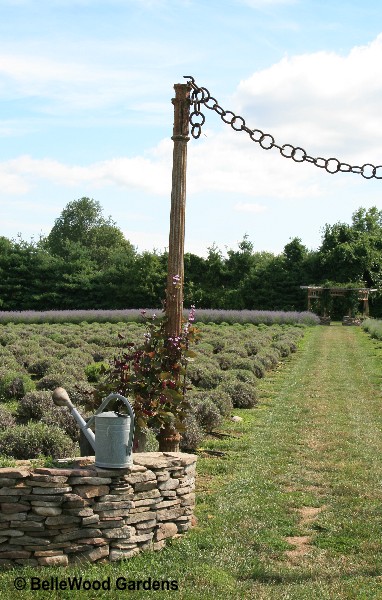
of lavender greeted me, floating on the mid-morning warmth.
It coaxed me into the field before I even looked for Niko.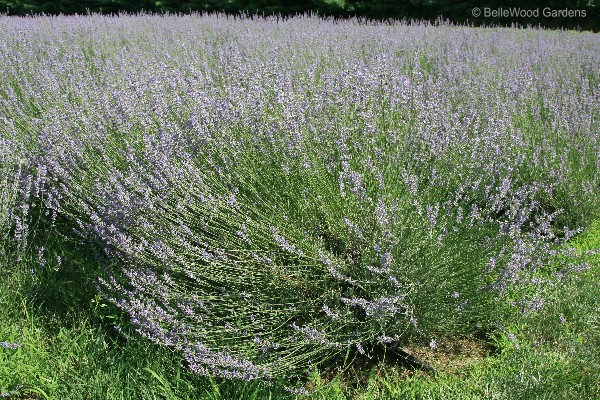
tripling their actual dimensions.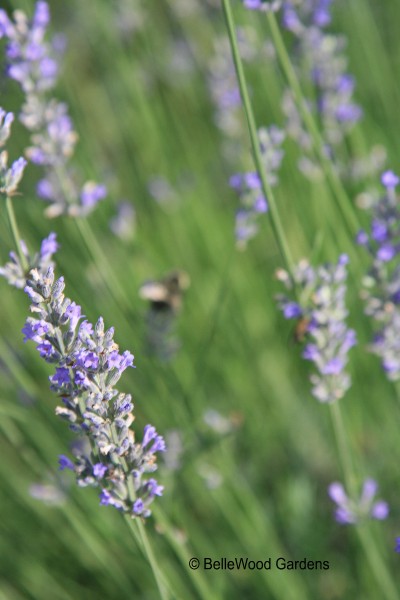
here and there. Niko came into the field to greet me. "We have bee hives." he said.
"Next week we'll gather honey." Exciting news! When I need lavender honey
for a recipe, I infuse a mild honey with the lavender flowers. It's good,
but true lavender honey is exceptional.
how long plants will last, productively, when grown and cropped for harvest.
"Twelve to 15 years." he told me. Not bad for a plant that's actually a small shrub.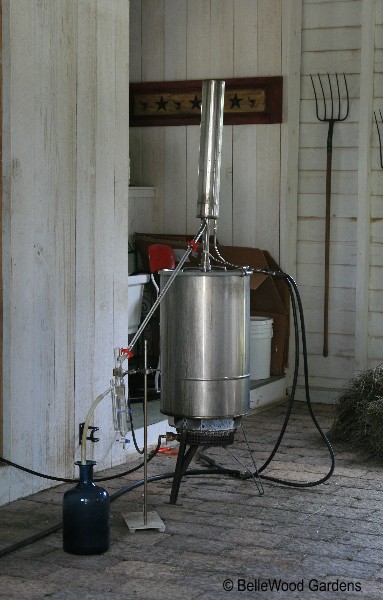
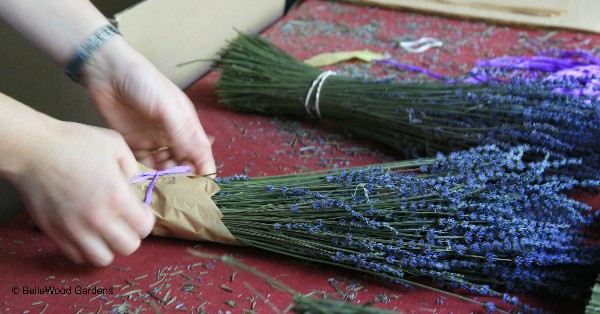
of dried lavender. Stems trimmed to an even length and tied together.
Next, a square of soft brown tissue paper is folded along one edge.
The bunch laid on a diagonal, the paper enfolding the stems, then
tied with - what else? a lavender colored ribbon.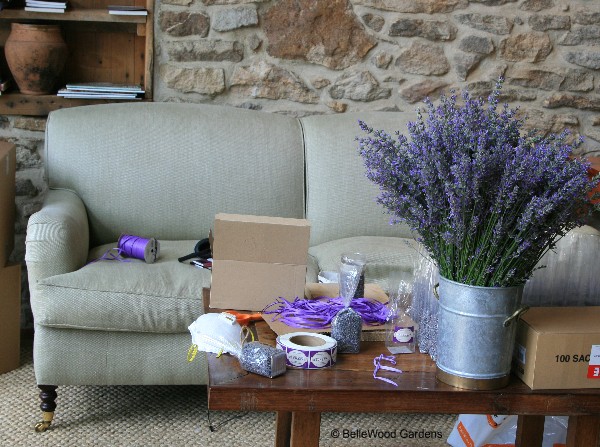
with a modest kitchen and cosy furniture, loose lavender flowers
were being packaged in cellophane bags. That burgeoning pail
of lavender - that's my Grosso, fresh cut after I arrived.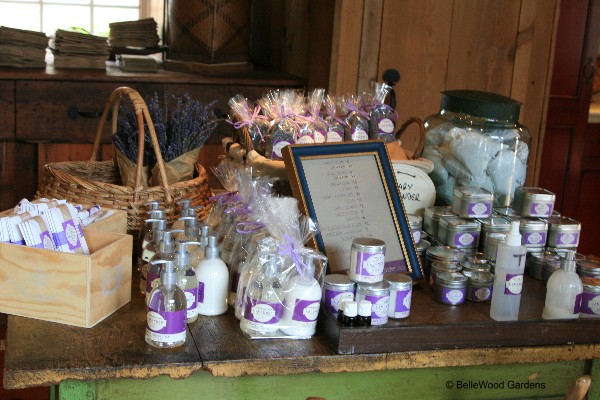
or off the stem, and lavender oil, Carousel Farm Lavender offers
skin care products, soaps and candles and more. Open to the public
on Saturday from 9:00 a.m. to 5:00 p.m., you can also find their products
on line and at select specialty stores.
soft breezes, sunshine and low humidity. And lavender, lavender, lavender.
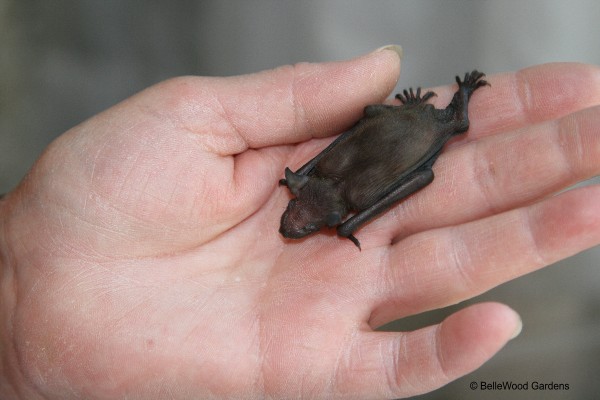
Only 3.1 grams when Pat got him, he now weighs 5.6 grams.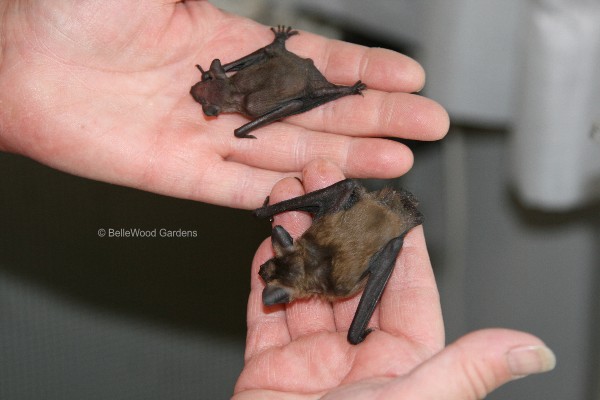
weighed 6.5 grams upon arrival and is now a sturdy 10.7 grams a week later.
Water flows quietly down the Delaware River, reflecting the Frenchtown Bridge.
alongside the river on Bridge Street. It's a convenient place for good food,
coffee and tea and conversation. It's where we meet on Wednesday mornings
over a year later, we have a respectable number of knitters at all stages of proficiency
who center their week on the convivial get-together. Mostly, we sit indoors.
When the weather is this salubrious we knit in public. Sometimes we just garner comments.
Every now and then, we attract another knitter / member. 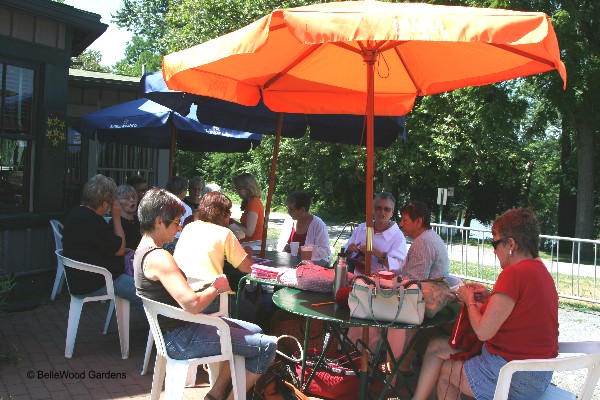
They're the ones who help when - oops, I dropped a stitch.
It's the encouragement, the "you can do it" attitude, good cheer and
good company that keeps all of us coming back week after week.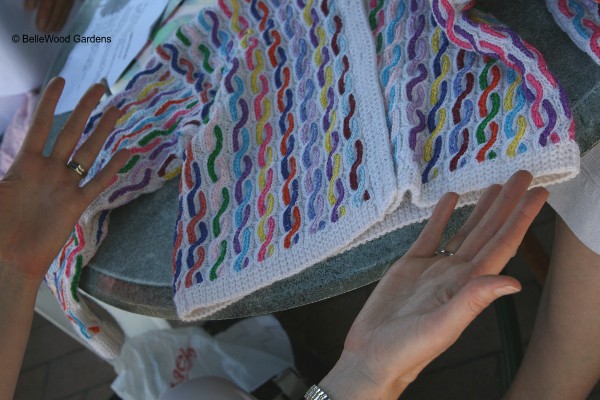
It's not merely knit. Oh yes, she knit the sweater. But that was all in white wool.
The color? That's all embroidered on, ribbon carefully stitched. Different
needle, sewing needle now that the knitting needles have completed their work.